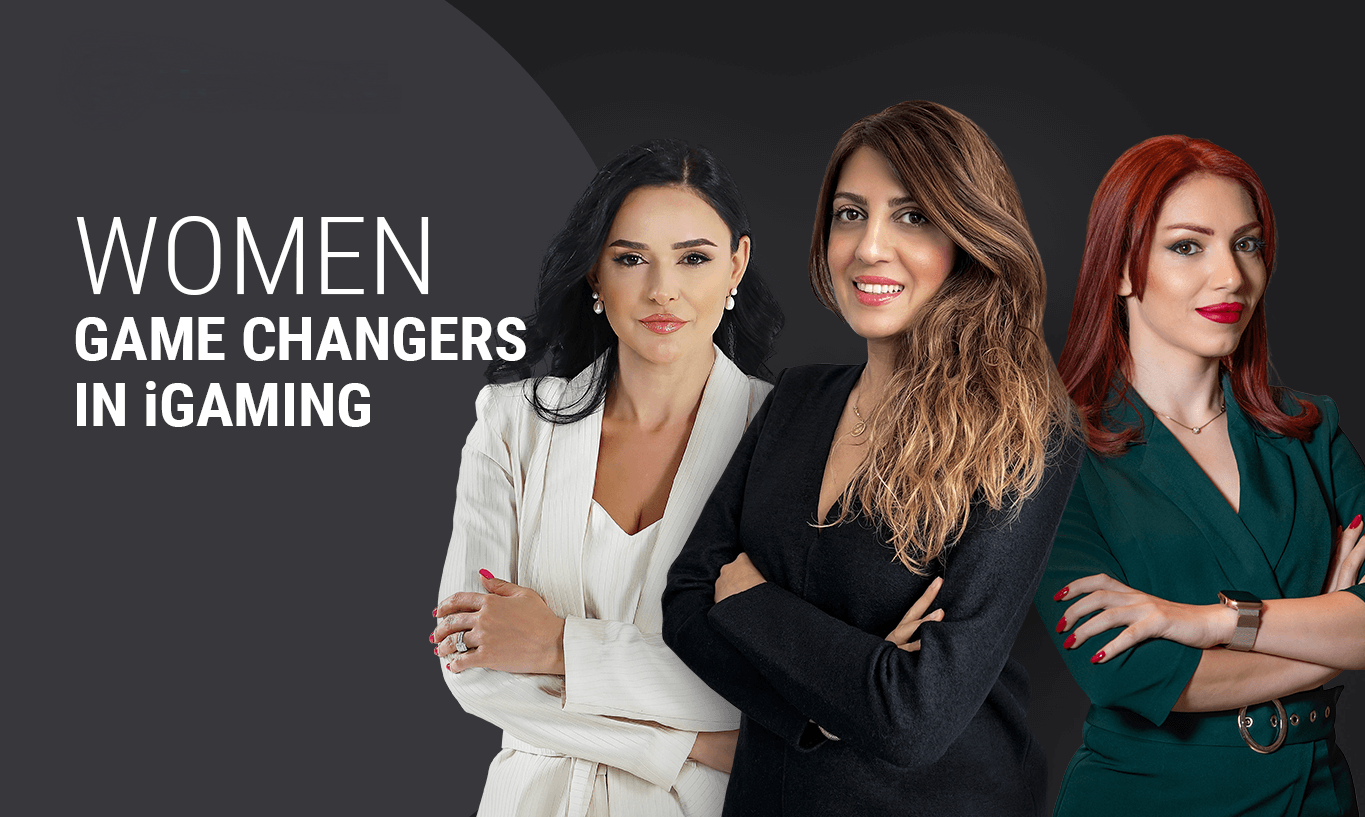
Recent data highlights the progress and ongoing challenges in increasing the representation of women in the leadership of the iGaming industry. According to an article by Provess, about 150,000 new companies were established in the UK in 2022, of which about 20% were led by women, an increase of 4% to 5% from 2018. Despite these advancements, the iGaming industry is traditionally still male-dominated. According to the 2020 Gender Balance Scorecard, the top 14 iGaming companies had 121 male executives and only 23 female executives.
In an interview with the news, Roanna Jamir, customer service manager at HCM Nexus, emphasized the importance of having female leaders take on traditionally male-dominated roles such as game development and cybersecurity. "By having female leaders in these various sectors, we are spearheading more women's involvement. It's like a domino effect,” she noted.
Jamir also highlighted the positive impact of this shift on the gaming industry, with more women's voices influencing game development, marketing, and consumer engagement. "Female game developers, creatives, and marketers bring new perspectives, resonating with both male and female audiences," she said.
Challenges Faced by Women in Gaming
An article by the World Economic Forum (WEF) states that female founders are still lagging behind males in getting venture capital (VC) funding for startups. The article notes that PitchBook’s VC Europe Female Founders Dashboard indicates that in 2023, startups entirely led by women accounted for only 1.8% of the total capital invested in VC-backed startups in Europe. In the US, the situation is similarly challenging, with startups founded by women receiving only 2% of the total VC investment, according to a report by PitchBook’s U.S. VC Female Founders Dashboard. “The numbers for female founders have not leaped at the same rate,” states PitchBook.
Discussing the challenges faced by women in the gaming industry, Jamir pointed out the historical sexualization of female characters in video games. "For a long time, because it was predominantly a male industry, many game characters were sexualized. For instance, Tomb Raider—what is she famous for?" Jamir questioned. She acknowledged that while celebrating certain body types is fine, it’s crucial to incorporate a diverse representation of women in games.
"Now that we have more women in leadership positions, inclusion is also higher. We don't necessarily need to remove the sexual aspect, but we can include other shapes and forms," Jamir suggested. She emphasized the importance of reflecting the diversity of women in the real world to make games more inclusive and relevant.
Promoting Gender Diversity in Recruitment
The conversation then shifted to talent recruitment and how companies can promote gender diversity. Jamir shared the methods HCM Nexus uses to eliminate gender bias in hiring. "We make sure that during the recruitment process, we disregard the gender aspect. No gender biases; we focus on the candidates' actual qualifications, skills, and experiences, whether they are male or female," she explained.
She added that HCM Nexus also invests in training their recruiters and recruitment teams to be culturally sensitive and aware of gender biases. “This helps create a more inclusive and supportive workplace,” Jamir pointed out. S
The Future of Inclusion and Diversity
As more women take on leadership roles and influence game development, the industry could become more inclusive and diverse, benefiting both creators and consumers. Jamir’s insights reveal the continuous efforts being made to empower women in the gaming industry and to promote gender diversity in recruitment. She has also recently joined SiGMA World as a reporter.








